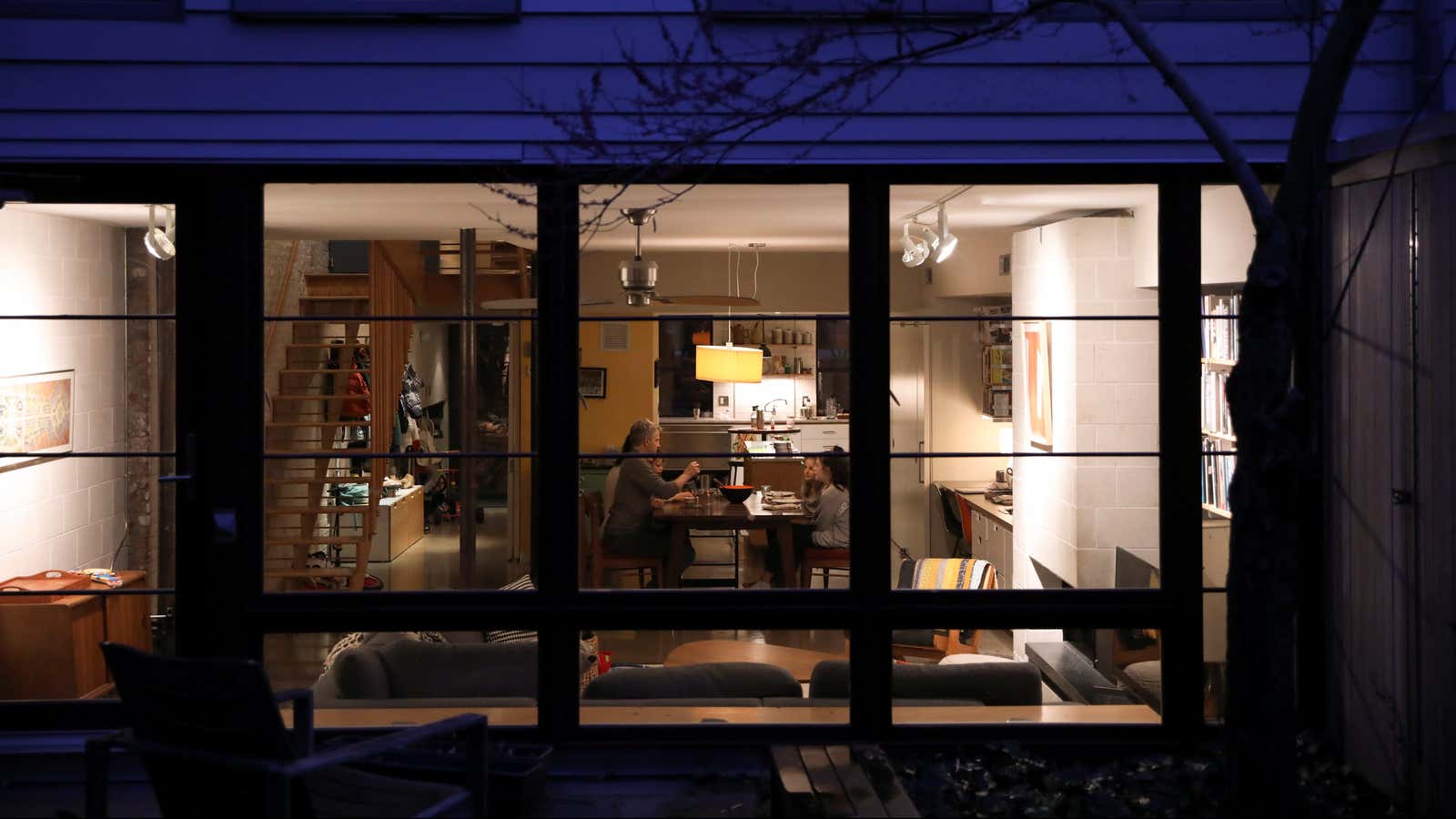Behind the unprecedented disruption of routine life by the coronavirus could lie one of the most profound transformations of our lives: closer connections, greater happiness, and a healthier relationship to work. Despite the anxiety, fear, and illness that is likely to touch each of our lives, there may be a silver lining once we’re on the other side, according to new research from hundreds of sabbatical takers.
Sabbatees, as we call those who have taken a sabbatical, universally report that their time away from routine life was “one of the most important of their lives.”
Like all of us today, most sabbatical participants didn’t expect to find themselves in their situation. The largest driver of taking extended periods away from work remains circumstantial: either the death or illness of a loved one, a career disruption or burnout, or relationship trauma precipitated more than two-thirds of our study participants’ sabbaticals.
Research from professionals across industries in eight countries from The Sabbatical Project, through a collaboration between the University of Notre Dame and the Templeton Foundation’s Templeton Religion Trust, found that sabbaticals, an extended time away from routine work for a purpose, have three lasting effects: stronger relationships with loved ones; an elevated satisfaction with participants’ lives; and an increased comfort with—and appetite for—change going forward.
Key conditions for a successful sabbatical
As the world adjusts to the new realities we all face, huge portions of us will directly experience significant career and personal loss. Few relevant roadmaps exist for us to consult when it comes to surviving, let alone thriving, in a new normal of an increasingly socially isolated environment. Coincidentally, this environment provides a fitting foundation for the three most important conditions for a successful sabbatical:
- Separation. Separation from routine life, usually geographic in nature, is essential for creating the space for one’s identity, away from that of their pre-sabbatical self.
- Experimentation. Sabbatees often use their time away from routine work to try out versions of themselves they never had time, or permission, to enact—for example, writing a memoir, walking a pilgrimage, or adopting a foster animal. “I felt like I gave myself the gift of trying to achieve a dream of mine, while also gaining a more realistic understanding of my work and my place in the world,” said an employee of the US federal government who returned to work after writing a book on a year’s unpaid leave.
- Reflection. Successful sabbaticals also included intentional time for reflection and integration of the lessons learned while living a life more of their choosing. This can take the form of a daily journaling practice, or simply through their enhanced perspective on the past, which is one product of living a starkly different present.
Within these conditions, the most salient lessons from people who have experienced extended time off of routine work are to take advantage of the distance, to embrace scarcity, and to pre-empt relationship strain.
We can use forced isolation as an opportunity to be creative, to decrease many of the normal distractions of day-to-day life, and to focus on what’s important during this time of increased latitude at work. The strangeness of the new normal can act as a lens through which to view the world differently, and to be present in a way that’s typically impossible. “I don’t think that the sabbatical changed my mind on what I wanted to spend my time doing. I think it gave me clarity and courage to move in the direction I always was trying to move in,” one participant told us after giving up her consulting job to live abroad with her husband.
Sabbatees also used scarcity—of resources, or comfort—as a challenge, which brought unanticipated improvements upon return. One interviewee, an executive at a venture-backed technology firm, spent a year with his wife and children on a remote Scandanavian island, subsisting, for the first time, only on her teacher’s salary. This not only gave him the time and inspiration for his next venture, it also gave the family confidence that they could live on one much-reduced salary going forward.
Common challenges for sabbatees
Sabbatical-takers experience common challenges, especially in the beginning stages of the “new normal,” which surface as their usual work becomes less central in their lives. Extended time with a partner, without separation, can put a strain on any relationship, often in unanticipated ways. Sabbatees who traveled with their partner suggest having upfront conversations on expectations and boundary-setting; it’s sometimes difficult, but nonetheless crucial, to build in alone time for each individual in the relationship.
Sabbatical stories offer hope for those entering a period of great uncertainty and change. They also demonstrate that some of the most important and transformational experiences of our lives can emerge from difficult and non-routine periods of time.
So use this time, if you can, to be intentional, to experiment, and to reflect. While we cannot change the circumstances of the present, we can capitalize on our distance from the recent past to transform our future.
DJ DiDonna is a co-founder of Entrepreneurial Finance Lab. Before it was acquired in 2017, he took a five-month sabbatical—a transformative experience that led him to partner with Notre Dame management professor and Ritual.io co-founder Matt Bloom to launch The Sabbatical Project. DiDonna and Bloom are publishing their initial research paper on sabbaticals in 2020.
